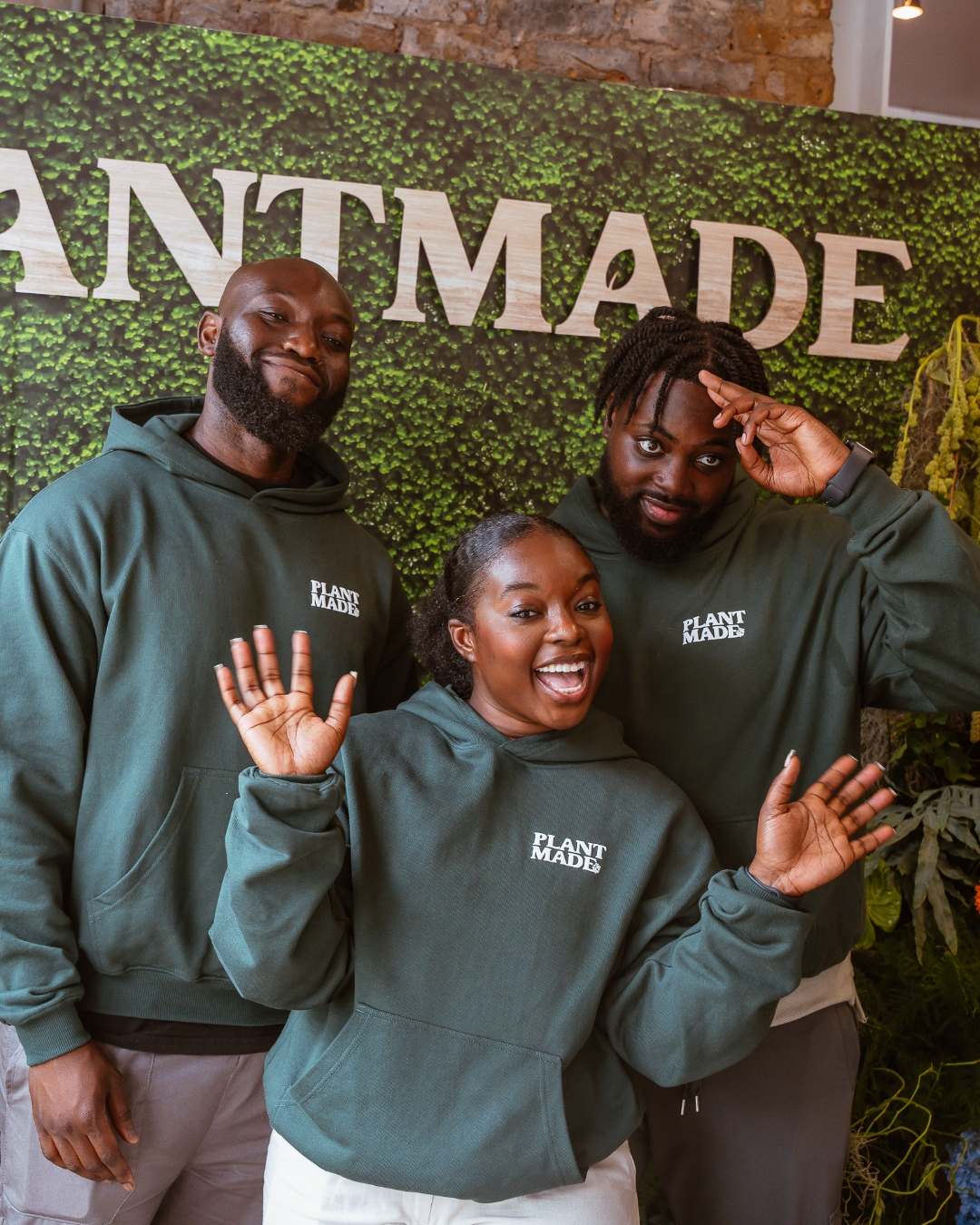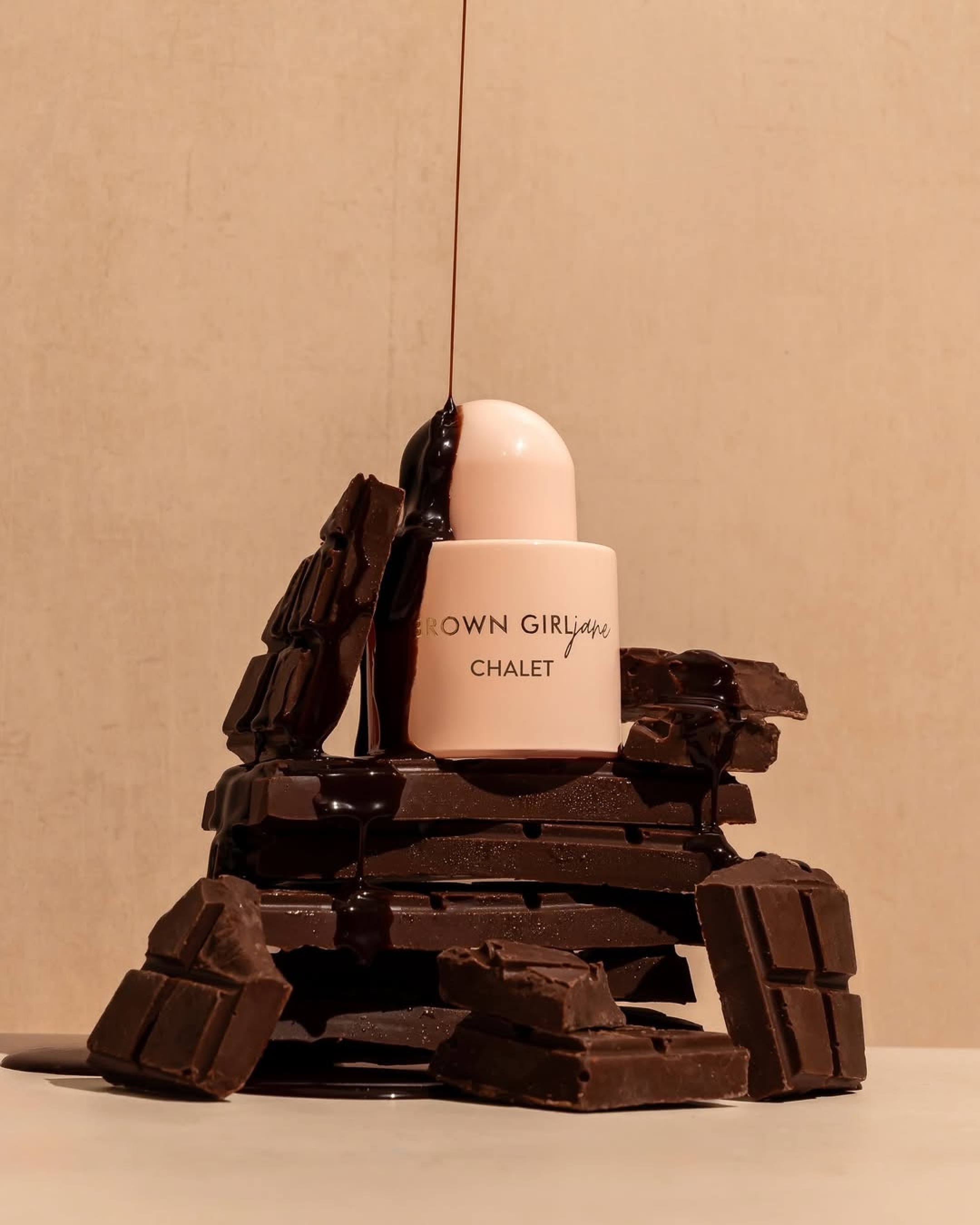Understanding Black Consumer Preferences
Black consumers, particularly in the United States, continue to have a deep connection with fashion, seeing it as an extension of cultural expression. They remain particularly drawn to Black-owned brands and those that authentically engage with Black culture. Studies show that Black consumers are 2.3 times more likely than their non-Black counterparts to switch to a Black-owned apparel or footwear brand.
Yet, despite this strong preference, Black consumers report ongoing dissatisfaction with the lack of diversity and cultural relevance in fashion, from the leadership ranks to marketing campaigns. By addressing these concerns with authenticity and innovation, brands stand to build both loyalty and brand equity within this demographic.
Strategies for Meaningful Engagement
To create a genuine connection with Black consumers in today’s market, brands need to move beyond surface-level inclusion and implement a multi-faceted strategy that encompasses product innovation, marketing, affordability, and community engagement.
1. Product Innovation and Cultural Relevance
Fashion brands must create products that resonate with the Black community’s specific needs and cultural identities. This might include offering a wider range of nude tones to accommodate different skin tones, creating headgear that caters to Black hair textures, or releasing collections that are inspired by Black history and culture.
Collaborating with Black-owned brands or designers is another powerful tool for innovation. Brands like Ralph Lauren have successfully tapped into cultural relevance by partnering with historically Black colleges and universities (HBCUs) to release special collections that sold out in record time. These collaborations not only broaden product offerings but also demonstrate a genuine commitment to supporting Black creativity.
2. Targeted Marketing Campaigns
Black consumers expect more than token representation in advertising. Brands must create campaigns that authentically reflect Black culture and style. It’s not just about casting Black models but showing products in contexts that resonate with the Black community. For instance, highlighting hairstyles and textures unique to Black consumers in marketing campaigns for accessories such as hats or scarves is a subtle yet powerful way to build connections.
Moreover, leveraging the power of Black influencers and celebrities continues to be effective. Black consumers are more likely to engage with and trust brands that align themselves with figures they admire. Fashion houses should also embrace user-generated content, inviting consumers to share their own fashion experiences and style choices, creating a sense of community and trust.
3. Affordability and Accessibility
While luxury fashion remains aspirational for many Black consumers, affordability is a key concern. Offering a range of products at various price points can help brands expand their appeal. Brands like Off-White and Fear of God have already demonstrated the power of accessible luxury with lower-priced lines like For All and Essentials, allowing consumers from diverse economic backgrounds to engage with their brands.
Flexible payment options, such as buy-now-pay-later solutions, are another essential strategy. Black consumers tend to use these payment plans at higher rates than other groups, making them a critical feature for brands looking to make luxury fashion more attainable.
4. Strengthening Digital and Physical Presence
Black consumers continue to be digital-first shoppers, more likely to engage with a brand’s online presence before making a purchase. However, despite their digital preference, many report dissatisfaction with traditional in-store experiences, citing poor customer service and unwelcoming environments. Brands must address these issues by improving the inclusivity of their physical stores and creating welcoming spaces in Black communities.
Investing in data-driven customer insights can also help improve Black consumers’ in-store and online shopping experiences. By actively tracking customer satisfaction and addressing concerns, fashion brands can foster deeper loyalty within this demographic.
Authenticity is Key
Black consumers are more discerning than ever. They demand more from the brands they support, prioritising authenticity, inclusivity, and cultural relevance. Brands that successfully tap into this market will do so by embedding these values at every level—from product development and marketing to in-store experiences and online engagement.
Ultimately, connecting with Black consumers in 2024 requires a commitment to long-term change. Those that move beyond performative gestures and invest in real, meaningful engagement will be rewarded with loyal customers and a stronger brand identity.






.svg)


.svg)
.svg)






